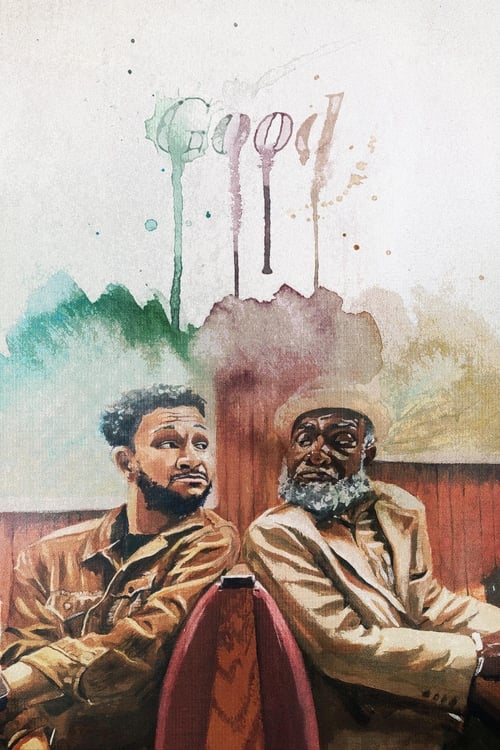
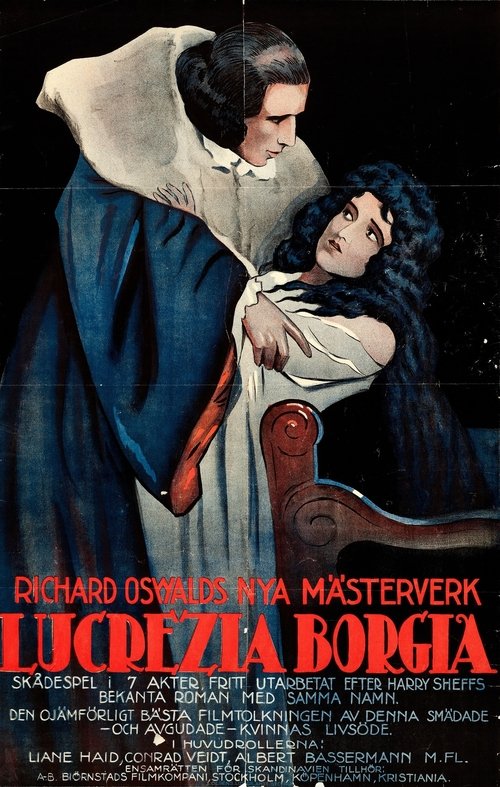
4.4
Lucrezia Borgia
Summary
Rodrigo Borgia, Pope Alexander VI, has three adult children: Juan, who is virtuous and has a sweetheart who is a woman of the people, Lucrezia, who is virtuous and wants to marry Alfonso, and Cesare, who is wicked and lusts after Lucrezia, Juan's girlfriend, and probably others. Cesare has vowed to kill any suitor for Lucrezia's love, and he has three thugs to carry out his wishes. Bodies fall into the Tiber, into the Colosseum (with lions prowling), and onto the Vatican floors.
Cast
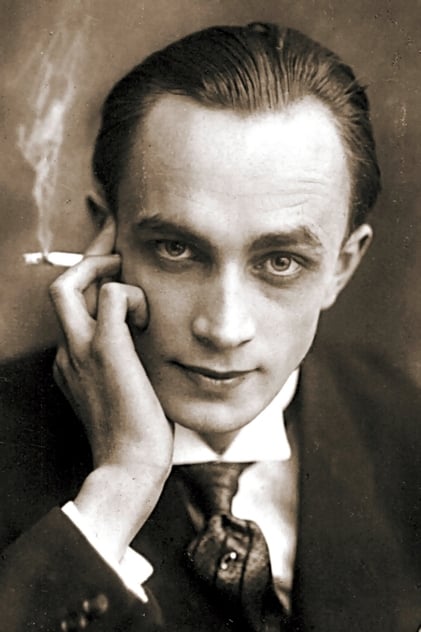
Conrad Veidt
Cesare Borgia

Liane Haid
Lucrezia Borgia (Fandanga)
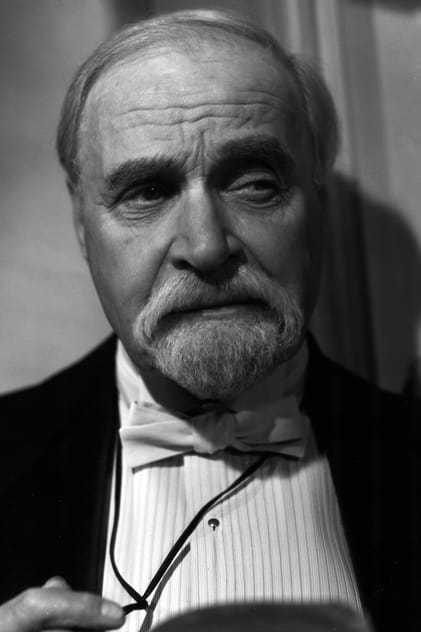
Albert Bassermann
Papst Alexander VI Rodrigo Borgia
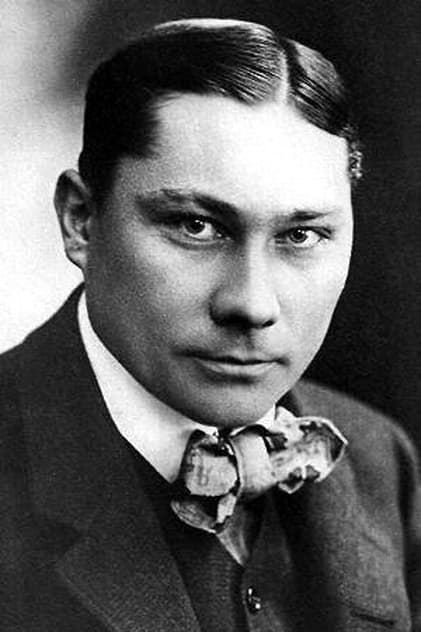
Paul Wegener
Micheletto
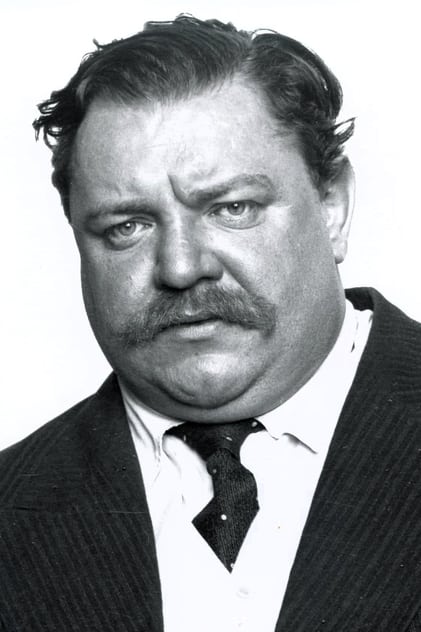
Heinrich George
Sebastiano
Adolf E. Licho
Lodowico
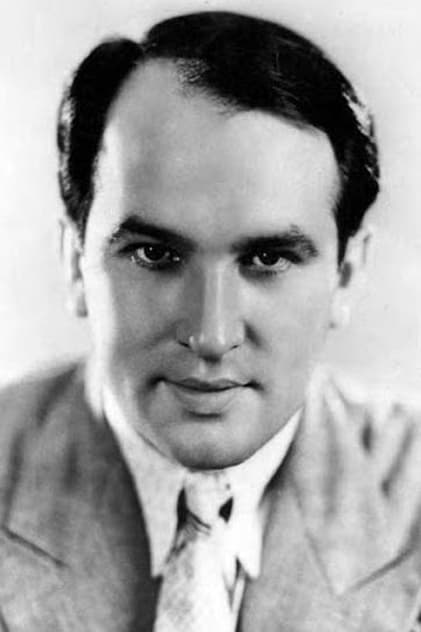
William Dieterle
Giovanni Sforza, Herr von Pesaro
Lothar Müthel
Juan Borgia
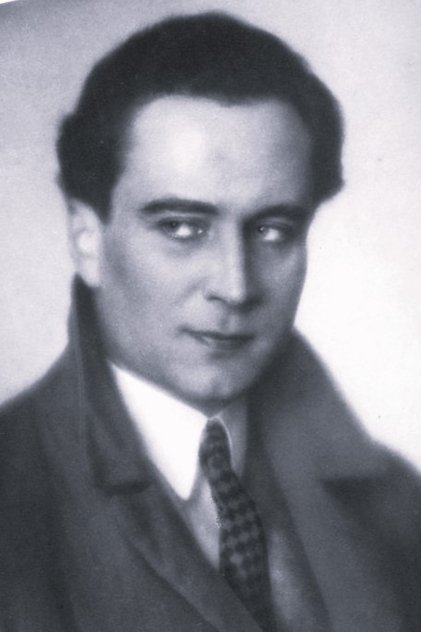
Alphons Fryland
Alfonso, Prinz von Arragon
Käte Oswald
Naomi
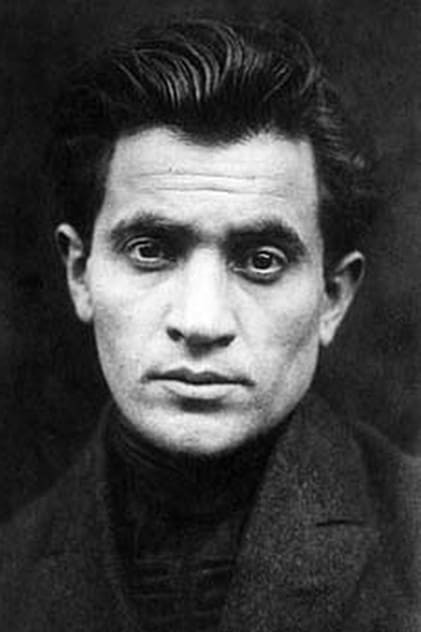
Alexander Granach
ein Gefangener

Anita Berber
Gräfin Julia Orsini

Lyda Salmonova
Diabola, Tierbändigerin
Mary Douce
Florentina
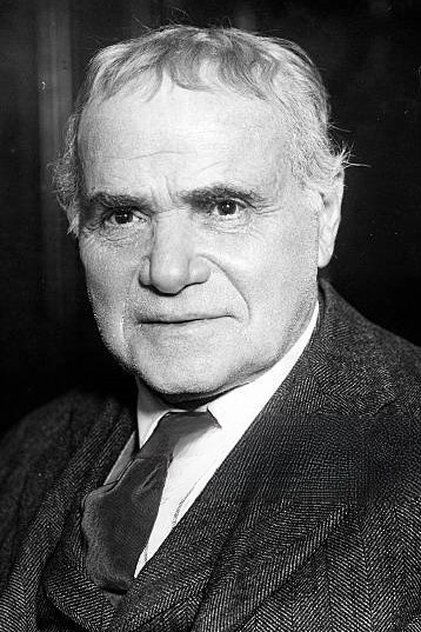
Max Pohl
Fratelli, Waffenschmied

Adele Sandrock
Die Äbtissen
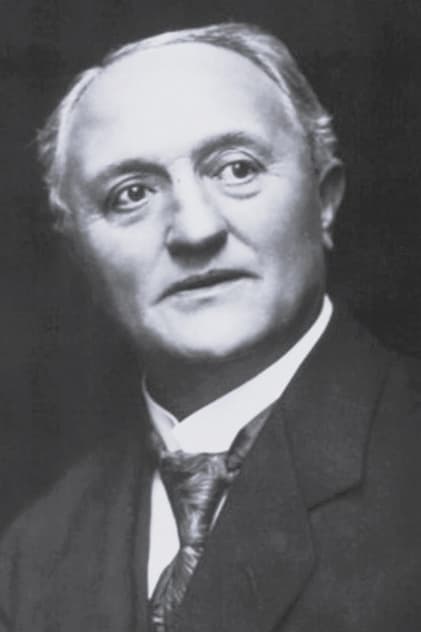
Wilhelm Diegelmann
Wirt
Philipp Manning
Diener Cesares
Hugo Döblin
Diener Cesares
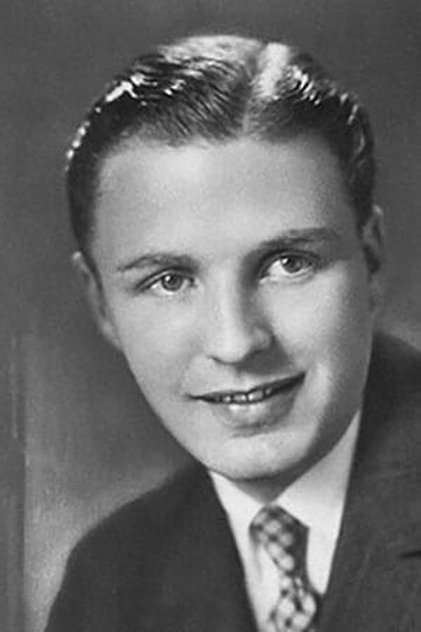
Ernst Pittschau
Manfredo
Clementine Plessner
Fratellis Frau
Viktoria Strauß
Rosaura
Tibor Lubinszky
Gennaro, Page
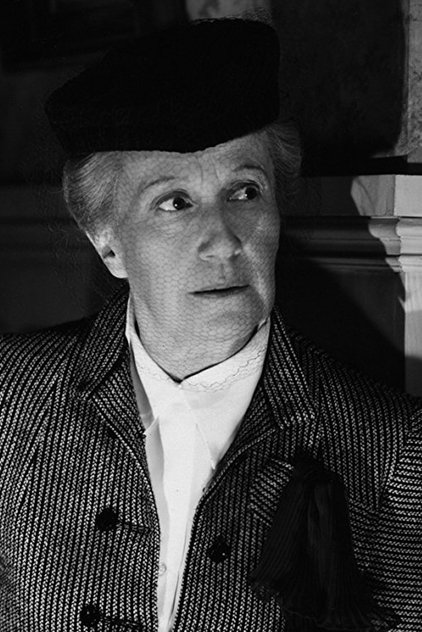
Elsa Bassermann
Bit
Crew
Director, Writer
Richard Oswald
Novel
Harry Sheff
Reviews
Geronimo1967
June 6, 2022
7
It's quite interesting that the relationships crucial to the telling of this tale are not as history defines them. Alexander VI (Rodrigo Borgia) is described as the uncle to brothers Cesare and Juan, who's cousin is Lucrezia and he is not her father either. Perhaps a nod to the supposed celibacy of the papacy, or just being polite? In any case, it matters little to the plot which is essentially more about Cesare (Conrad Veidt) than his eponymous sister (Liane Haid). Even at the age of just 29, Veidt manages to present us with a suitably sleezy, devious and manipulative character whose views on women offer them little better than the status of a chattel - high or low born; except - that is - for his sister with whom he has an almost incestuous infatuation. When his younger brother "Juan" (Lothar Müthel) tries to bring his brother's despicable behaviour to their father's attention, that diversion is distracted by Cesare with some new information on the whereabouts of the radical preacher Savaronola (acquired through a fun scene with a fake poisoning). Meantime, his three henchmen led by the brutally efficient Micheletto (Paul Wegener) dispose of the pesky brother - and of any of her suitors that come their way - despite her objections, and her absconding to a convent. It's the dictionary definition of internecine, with sibling rivalries, betrayals and a character (Cesare) whom Machiavelli is supposed to have described as the "New prince" - and I don't think he was being particularly complimentary. Richard Oswald gets great value from this cast - Albert Basserman is on good form as their holy father too - and from the collection of seriously rich storylines. The concluding battle scenes, though not historically accurate from what I remember - add a suitably appropriate, almost virtuous, conclusion to this classic political and romantic intrigue - the castle could have been designed by Salvador Dali! It's great, this - well worth a watch.
Media
Status:
Released
Original Language:
Budget:
$0.00
Revenue:
$0.00
Keywords
Recommendations

P.K.P.
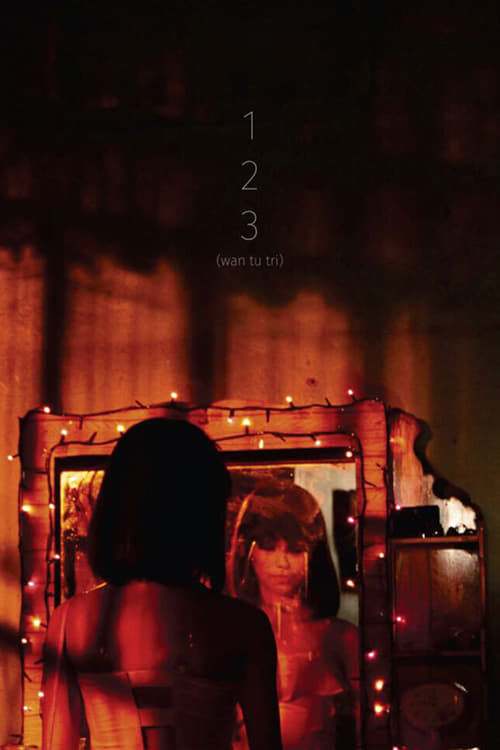
Gasping for Air

12

Scooby-Doo: Agence toutou risques, vol. 2 : Le fantôme de la télé

Hannibal

Female Urologists 3

Cine Gibi 8: ...Tá Brincando?
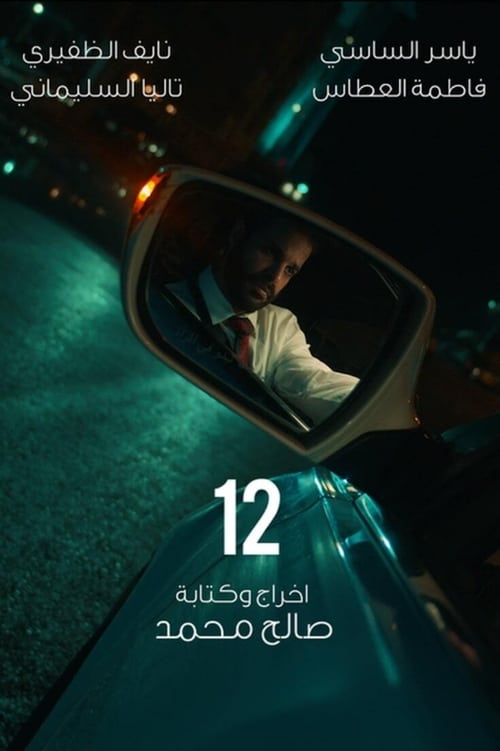
12

Main Theme
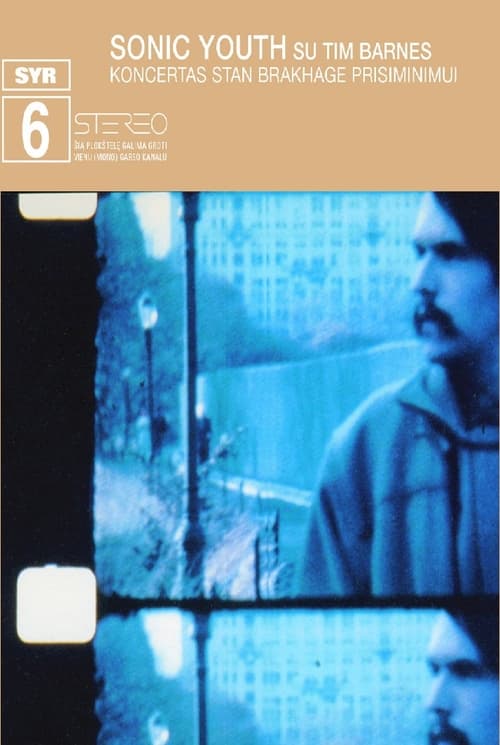
Sonic Youth: Koncertas Stan Brakhage Prisiminimui (April 12, 2003)
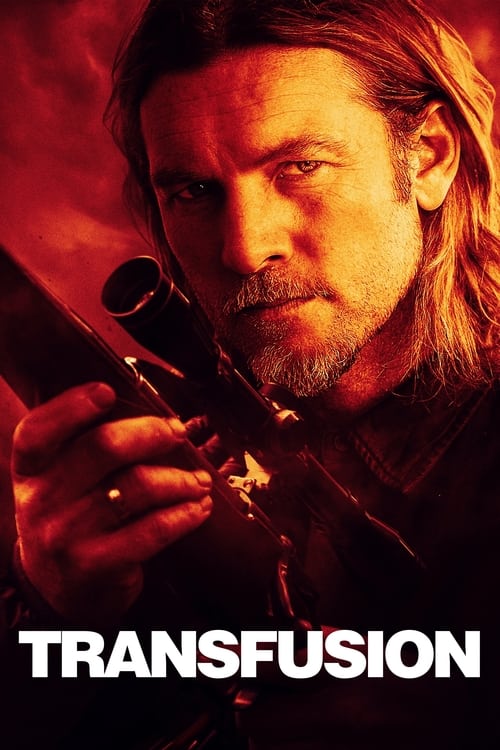
Transfusion
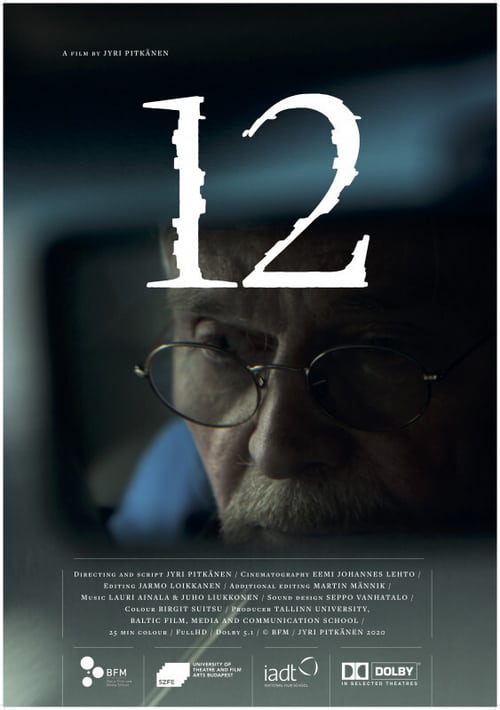
12

Sonic Birth

23

Digimon Adventure tri. Part 2: Determination

Little Dixie

Sonic Soldier Borgman: Madnight☆Gigs!
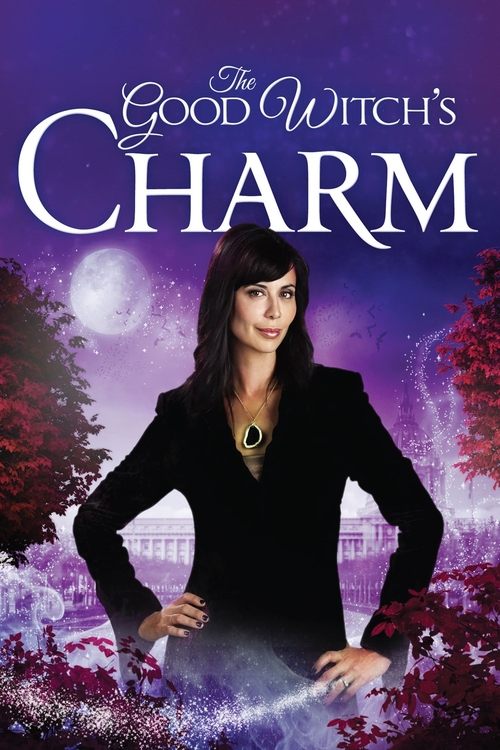
The Good Witch's Charm

GCW Fight Club
